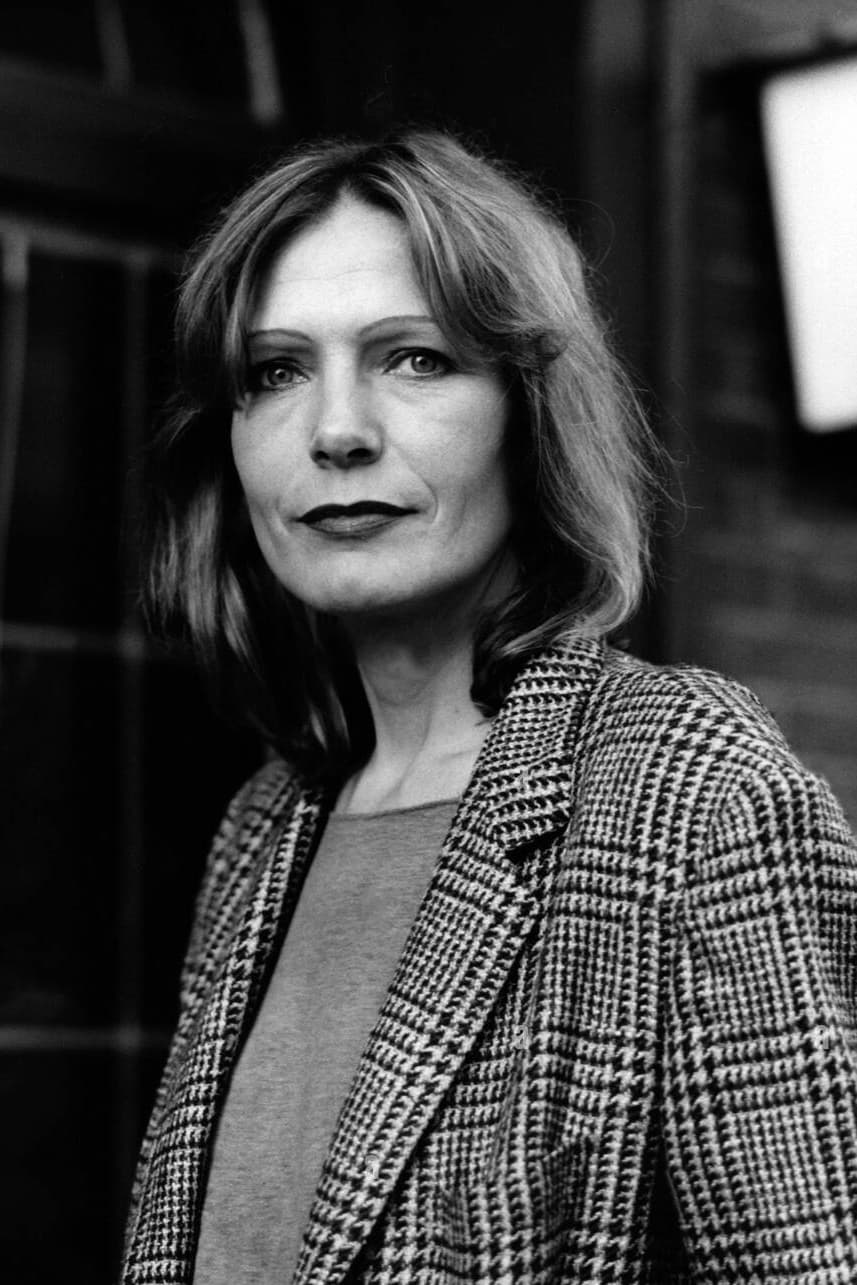
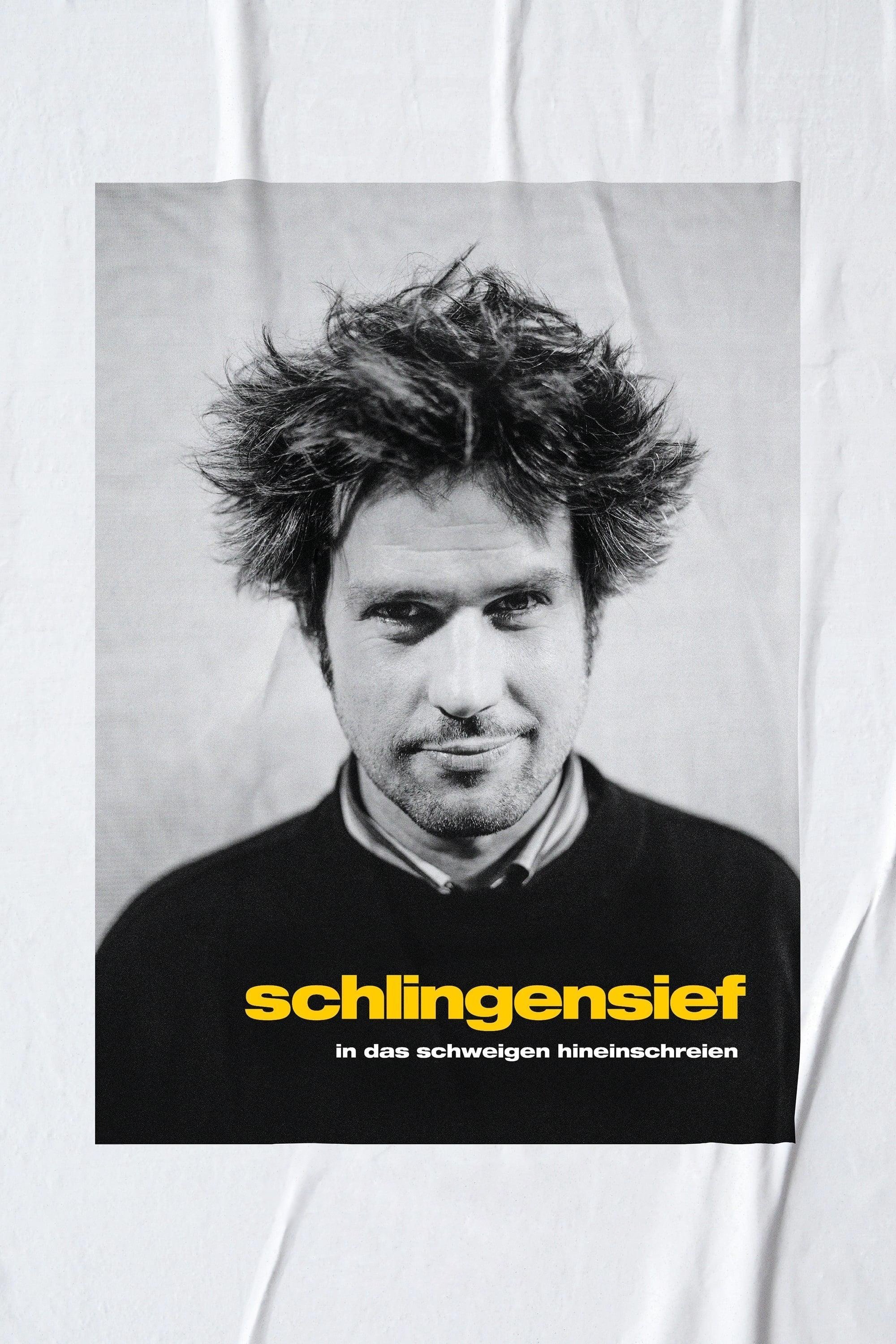
Using unpublished and newly digitalised archive footage and film material, Bettina Böhler has brilliantly assembled this film about the life and work of the exceptional artist Christoph Schlingensief, who died in 2010.
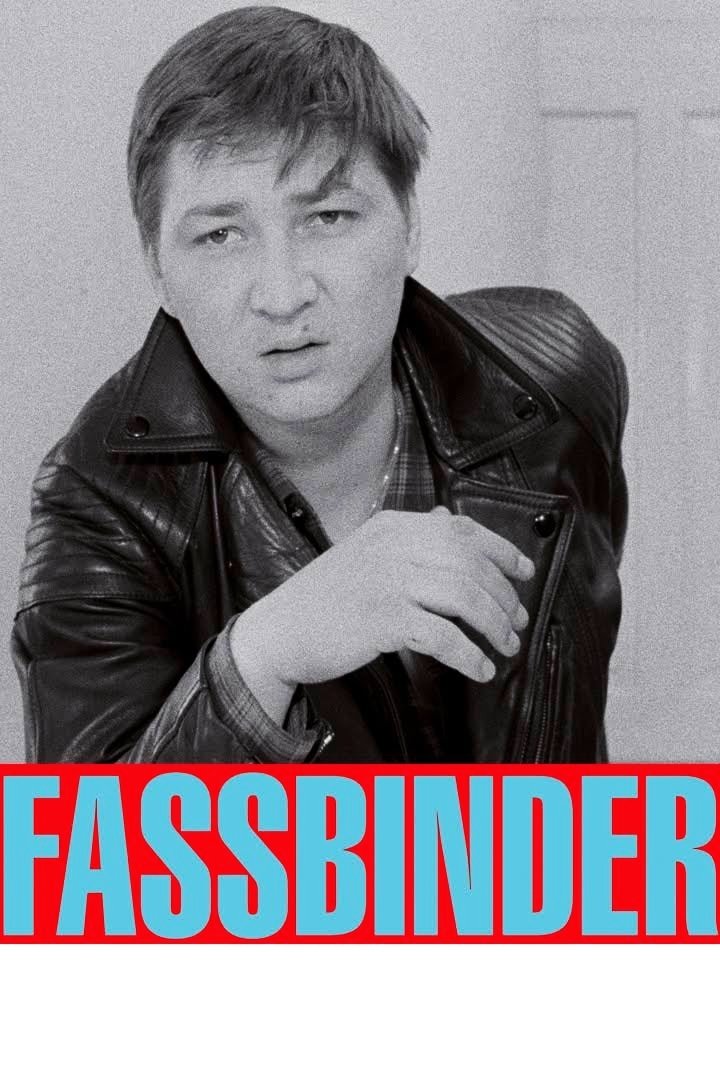
A film portrait of the influential Bavarian actor, director and screenwriter who publicly confessed his homosexuality.
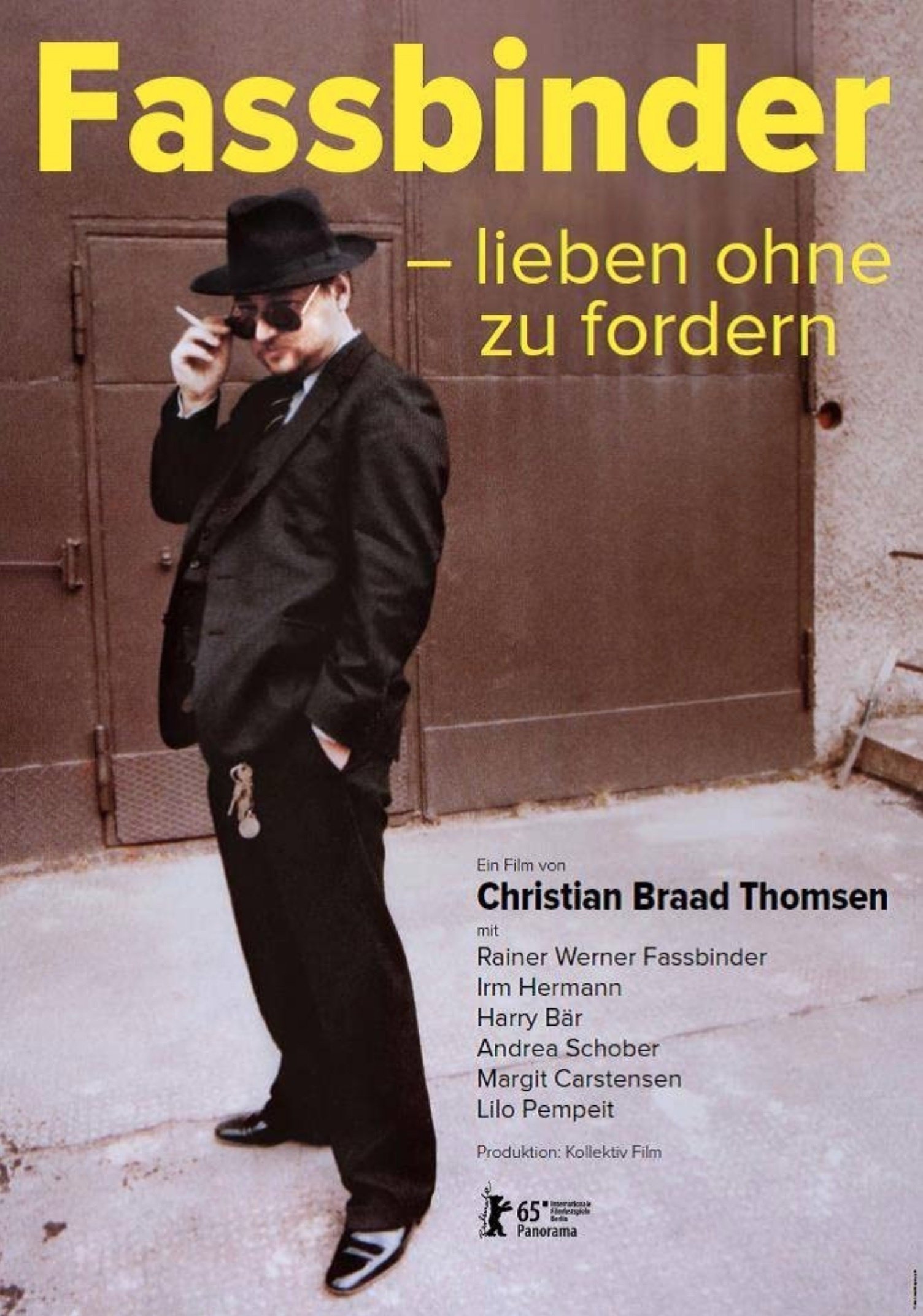
Rainer Werner Fassbinder was probably Germany’s most significant post-war director. His swift and dramatic demise at the early age of 37 in 1982 left behind a vacuum in European filmmaking that has yet to be filled, as well as a body of unique, multi-layered and multifarious work of astonishing consistency and rigour. From 1969 onwards, Danish director and film historian Christian Braad Thomsen maintained a close yet respectfully distanced friendship with Fassbinder. Fassbinder – Lieben ohne zu fordern is based on his personal memories as well as a series of conversations and interviews he held with Fassbinder and his mother Lilo in the 1970s.
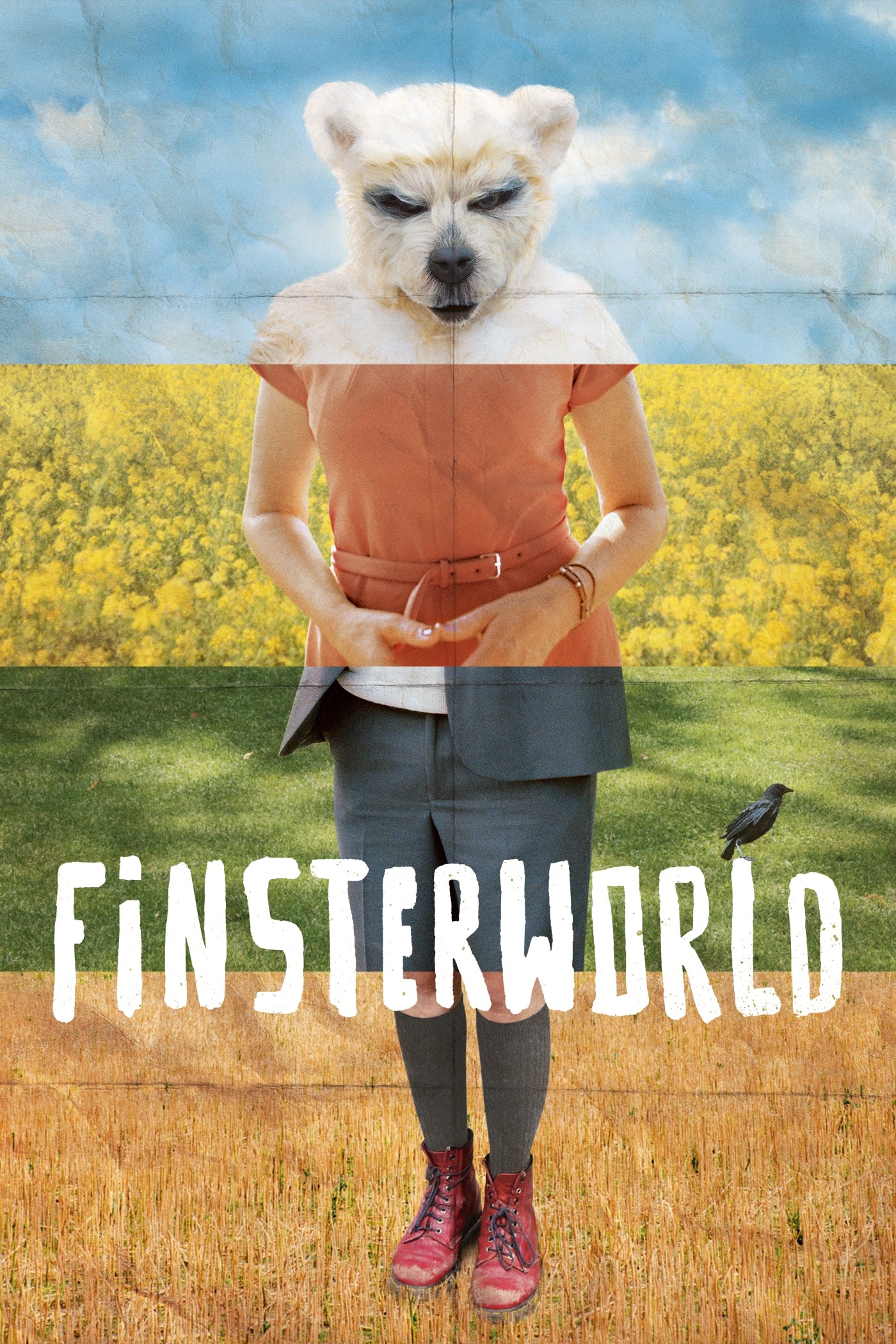
The film tells different stories in a kind of parallel Germany about love, affection and hatred.
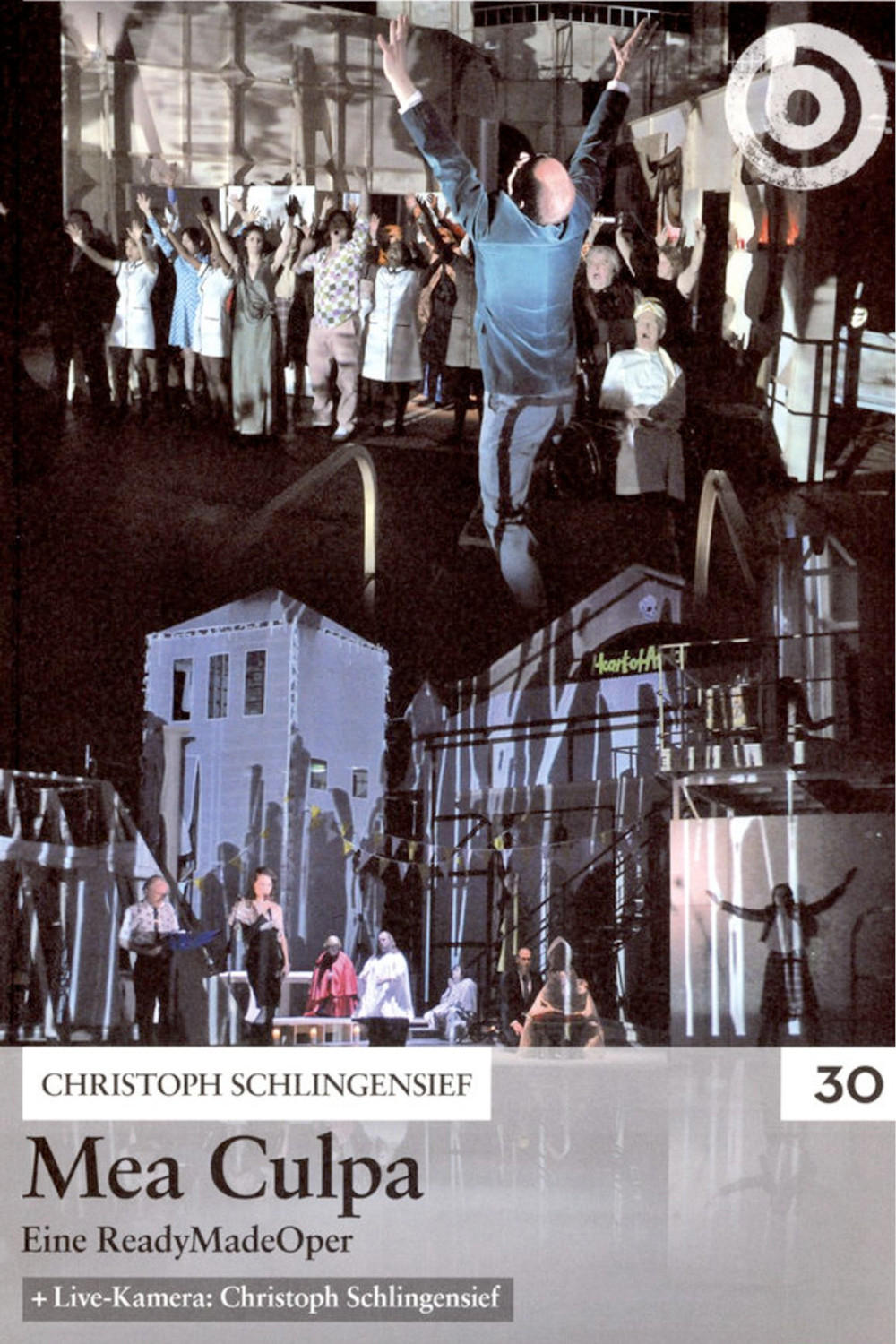
In Mea Culpa, Christoph Schlingensief blurs a delicate line: he ignores the threshold that separates the healthy from the sick. By making his cancer the subject of an opera, premiering on the largest German-speaking theater, he is putting the art district under pressure: a wonderful institution like the Burgtheater must use its artistic resources lavishly to reveal the entire "truth" about us humans. At the end of the day, when the scenery on Janina Audick's revolving stage has finally come to rest, when Isolde's last Liebestad has been sung enchantingly beautifully by Elfriede Rezabek and indescribable jubilation breaks out, then Schlingensief is completely alone with his illness.
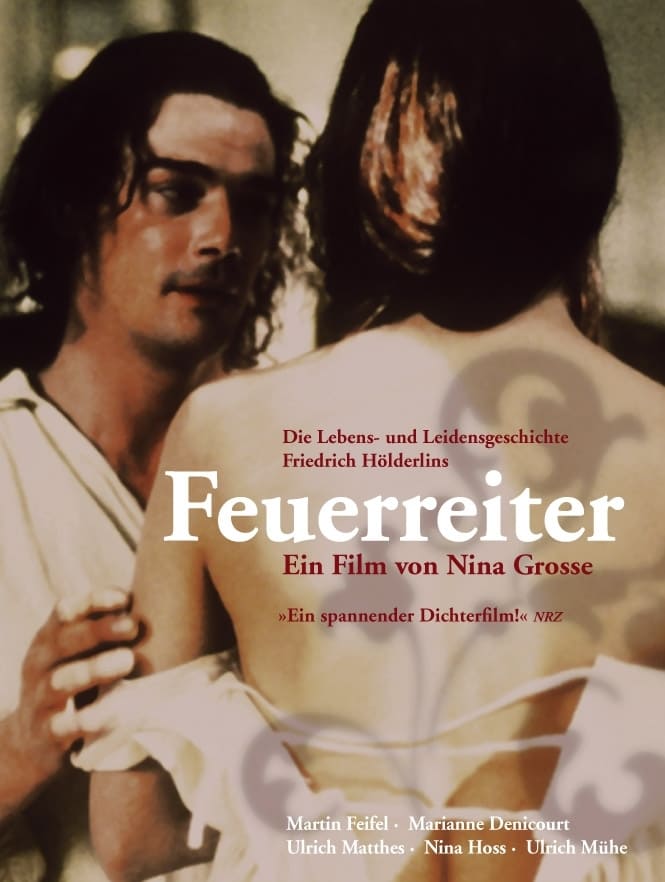
Feuerreiter is an elegant period drama that begins in Frankfurt in 1796. Through his friend, Baron von Sinclair, romantic and rebellious poet Friedrich Hölderlin secures the position of a private tutor in the home of a banker named Gontard. He is soon torn between his passion for poetry and his love for Susette, the lady of the house. To top it all off, Baron von Sinclair is in love with him. Hölderlin's most beautiful poems are written during this trying time. However, he becomes a total recluse when he loses Susette. The film examines the effects of conflicting demands, both emotional and sensual, that may inspire art. Feuerreiter was screened as part of the New German Films at the 49th International Berlin Film Festival, 1999.
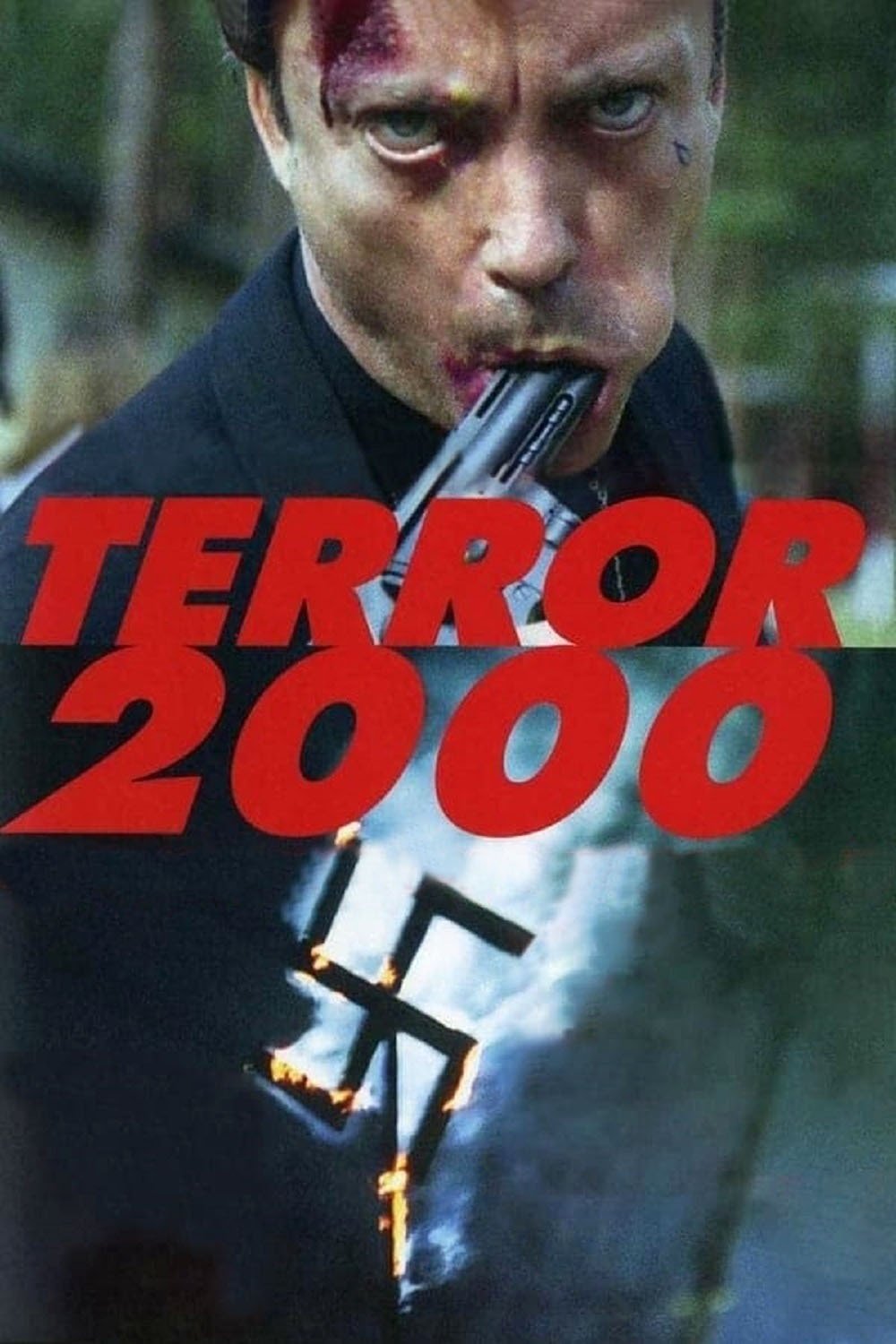
Germany, right after the re-unification. The people are out of control, blind hatred towards immigrants is common sense. In this time, a social-worker, with the mission to bring a Polish family to their destination (an immigration camp in a little provincial town called Rassau), gets kidnapped just as the family. Chief inspector Koern and his girl-friend start to investigate in this matter in Rassau, exploring a world of obsessive sex, mislead lust and an over-whelming irrational love to the German nation, infiltrating anyone's mind. Rascism doesn't start with shaved hair and boots but rather in the middle of society itself...
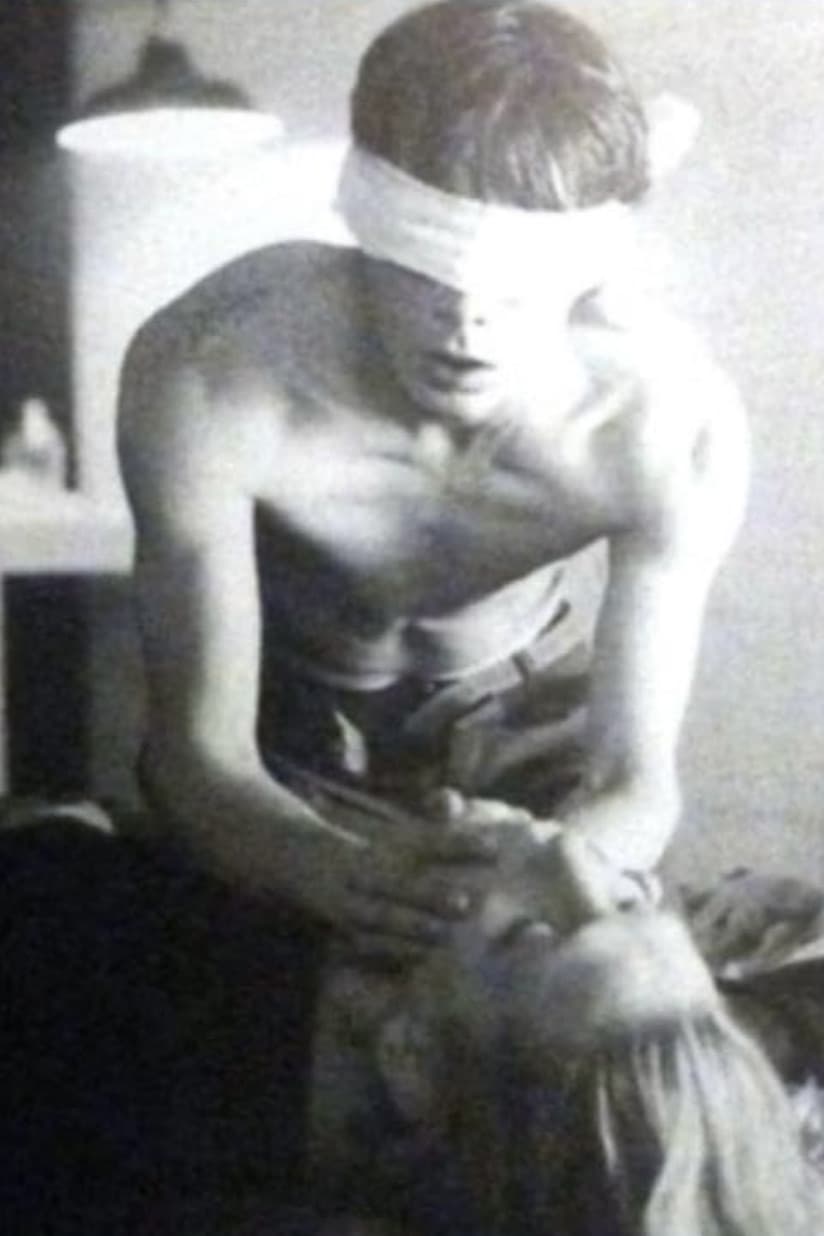
Unable to possess Ivy in reality, Adrian organizes himself so as to know everything about her, to possess her story. Like the viewer, Adrian will be an involuntary detective, witness to a passion.
Margit Carstensen (29 February 1940 – 1 June 2023) was a German theatre and film actress, best known outside Germany for roles in the works of film director Rainer Werner Fassbinder. Carstensen was born and raised in the northern German city of Kiel. Upon graduation from the local high school in 1958, she studied acting at the Hochschule für Musik und Theater Hamburg. This education led to her first stage appearances in Kleve, Heilbronn, Münster, and Braunschweig. In 1965, Carstensen began a four-year engagement with the German Playhouse in Hamburg. In 1969, she gained a local profile for her work in the Theater am Goetheplatz in Bremen, where she first met director Rainer Werner Fassbinder. She then worked under his direction in a comedy by the 18th-century Venetian Carlo Goldoni, The Coffee Shop (which was recorded for television in 1970), bringing her national attention in West Germany. She subsequently played the role of serial murderess Geesche Gottfried in the premiere of Fassbinder's own play Bremen Freedom (also televised, in 1972), and then in the title role of his Henrik Ibsen adaptation Nora Helmer (televised in 1974) derived from A Doll's House. Outside of theatre, Carstensen played leading roles in the Fassbinder films The Bitter Tears of Petra von Kant (1972), her best-known role for him; Martha (1974), analysing a traditional marriage in a contemporary setting; Fear of Fear (1975); Mother Küsters' Trip to Heaven (1975); Satan's Brew (1976); Chinese Roulette (1976) and Women in New York (1977). She also appeared in episodes of two Fassbinder television productions: Eight Hours Don't Make a Day (1972), and Berlin Alexanderplatz (1980). From 1973 to 1976, Carstensen held a steady acting engagement in Darmstadt. In 1977, she moved to West Berlin where she performed on the highly regarded Staatliche Schauspielbühnen. In 1982, she moved to Stuttgart in order to work with director Hansgünther Heyme, where she appeared in a series of plays directed by him. During this time, Carstensen also worked in international film productions, such as Andrzej Żuławski's Possession (1981) and Agnieszka Holland's Angry Harvest (1985); the latter was nominated for an Academy Award for Best Foreign Language Film. By the late 1980s, she had developed ongoing working relationships with German directors Werner Schroeter, Christoph Schlingensief, and Leander Haußmann. For the 2003–04 season, Carstensen appeared in the Vienna Burgtheater, in the premiere of Elfriede Jelinek's play Bambiland under the direction of Schlingensief. During the 2007–08 season Carstensen assisted with the Austrian-German TV documentary Mr. Karl – A Person for People, directed by Kurt Mayer. In 2016, she was still on television, appearing in the long-running series Tatort. Carstensen received many awards in her career. Among these were the 1973 German Film Awards (Gold), for her acting in The Bitter Tears of Petra von Kant, and the 2002 Bavarian Film Award, for her acting in Scherbentanz. In 1972 she was chosen by the German Film Critics Guild as Best Actress of the Year. In 2019, she was awarded the Götz-George-Preis for her life's work. Description above from the Wikipedia article Margit Carstensen, licensed under CC-BY-SA, full list of contributors on Wikipedia.
By browsing this website, you accept our cookies policy.